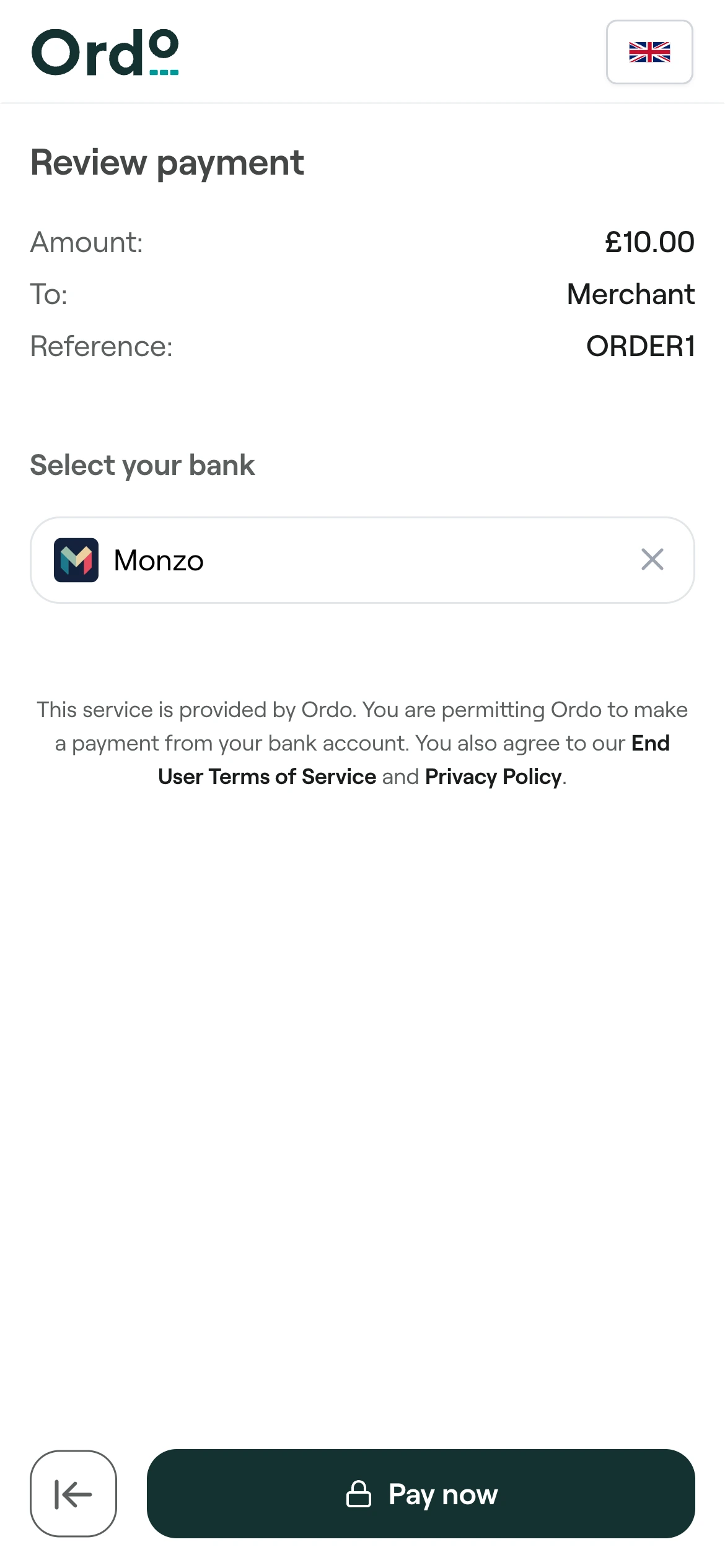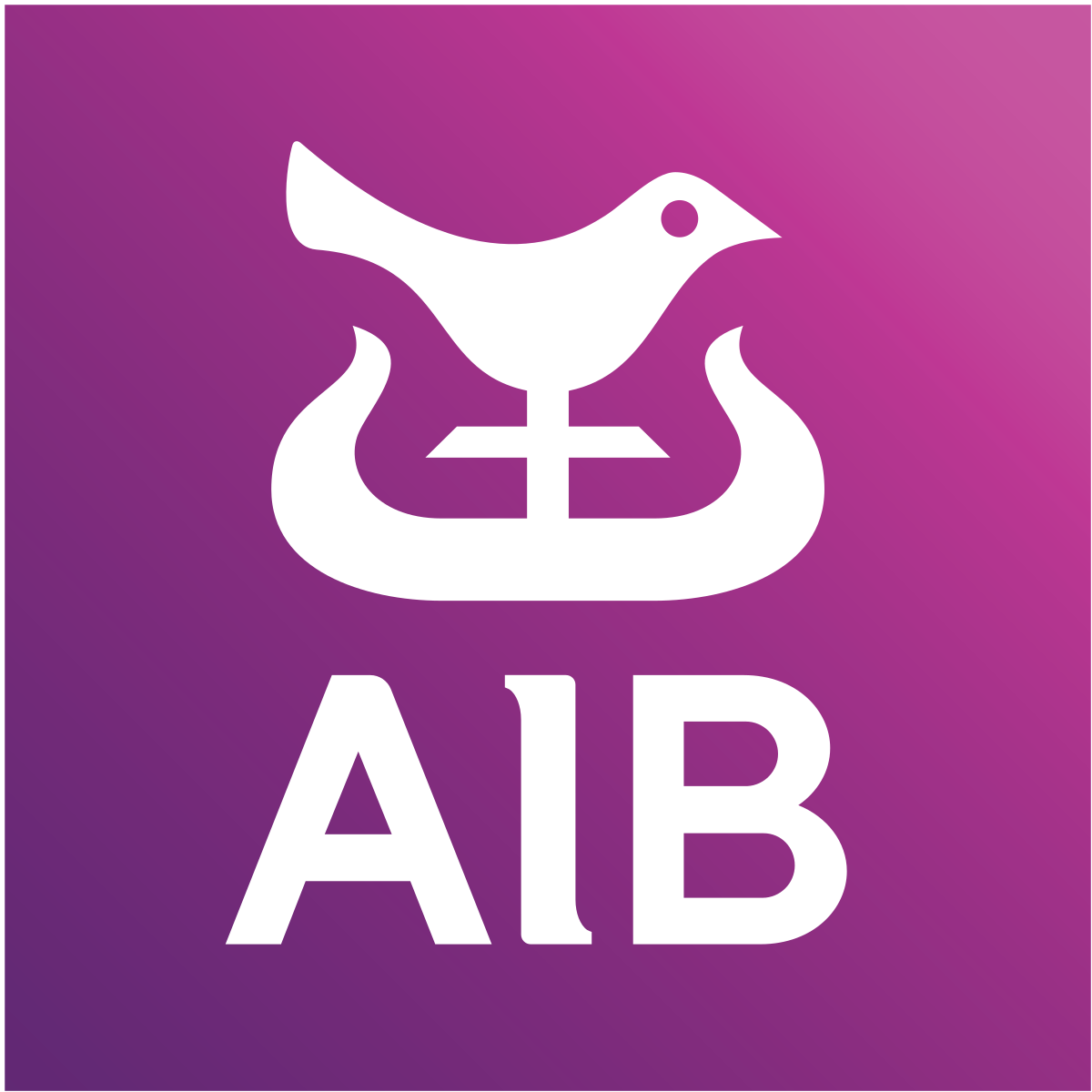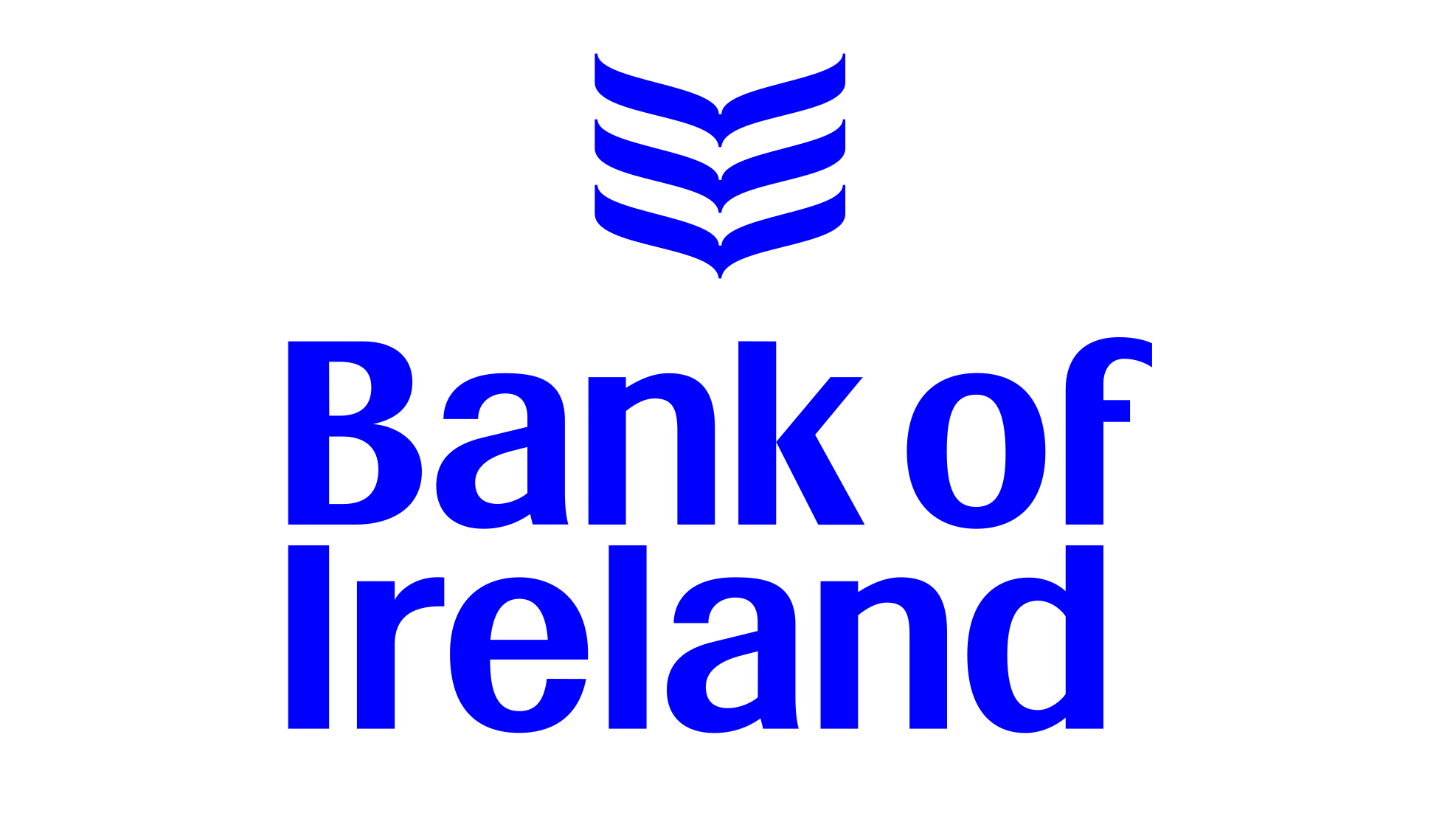
Open banking made easy
A new generation of financial solutions, powered by open banking, tailored for you.
Get in touchWhat we offer

Payments
Powered by open banking, we provide a simple and secure way to Pay by Bank that your customers will love. Make it yours with your branding.

Account Data
Integrate reliable financial data into your products via our robust and expansive PSD2 API platform.

Variable Recurring Payments
Low cost and secure, Variable Recurring Payments allow movement of funds in real time, with minimal friction, giving payers the degree of control they're craving.

Verify
Powered by open banking, we provide a simple and secure way to Pay by Bank that your customers will love. Make it yours with your branding.

Instant Payouts
Send funds to customers instantly, not in days. Our solution enables immediate bank transfers, improving cash flow and customer satisfaction.
Quick Integration
Integrate our solutions into your existing systems with minimal effort. Our developer-friendly APIs and comprehensive documentation make implementation fast and straightforward.
Effortless payment solutions
Lower Cost
Certainty of Payment
More Efficient
Instant
Reduced Regulatory Burden
Easy to Integrate
Secure
Easy to Use
Open Banking 2025
Everything you need to know about open banking and how it can help your business in 2025 and beyond.
Download now
It's never been easier to add open banking to your solution
Let's chat and find the perfect solution for you.
Get started in minutes
Trusted by leading banks
Seamlessly connect with your customers' existing banking relationships through our extensive network of integrated financial institutions.




















Connect to our API
Powerful building blocks for your own financial services

Integrate Payments
Enable direct bank payments in your app or website via our open banking API - for licensed AIS/PIS providers.
Integrate Data
Integrate reliable financial data into your products via our robust and expansive PSD2 API platform.







